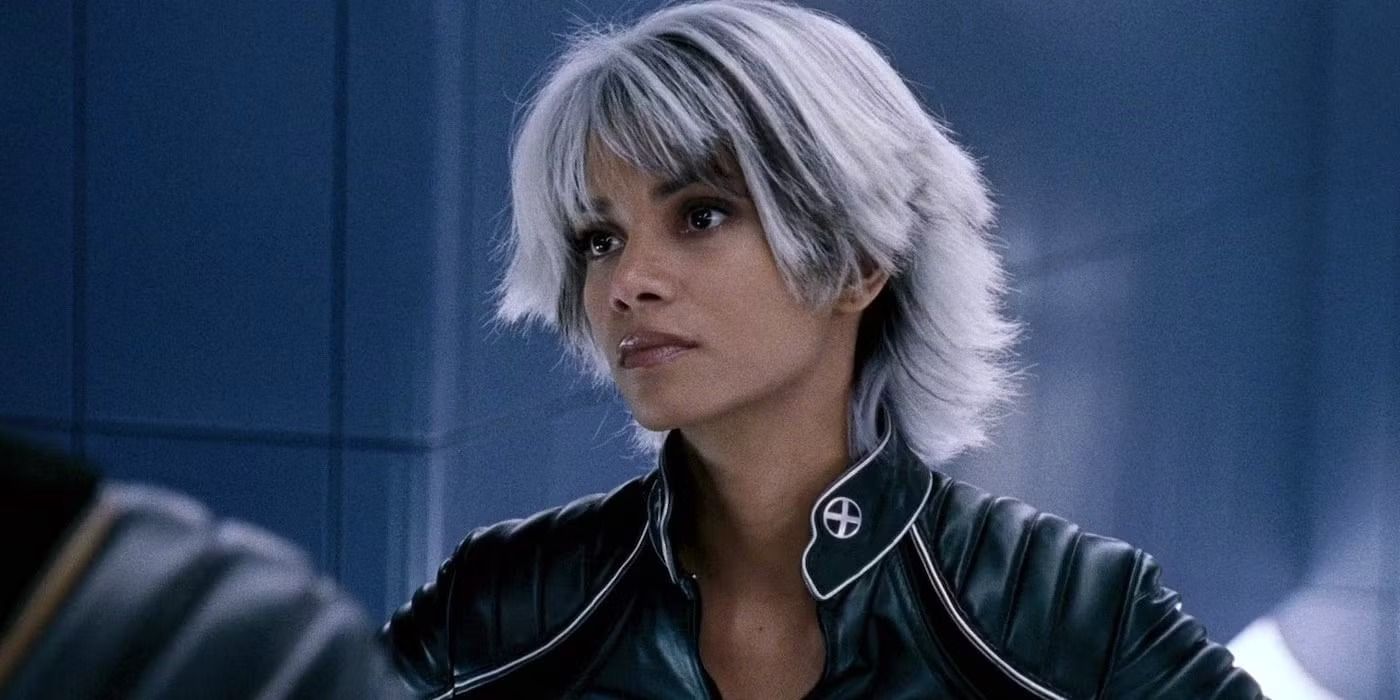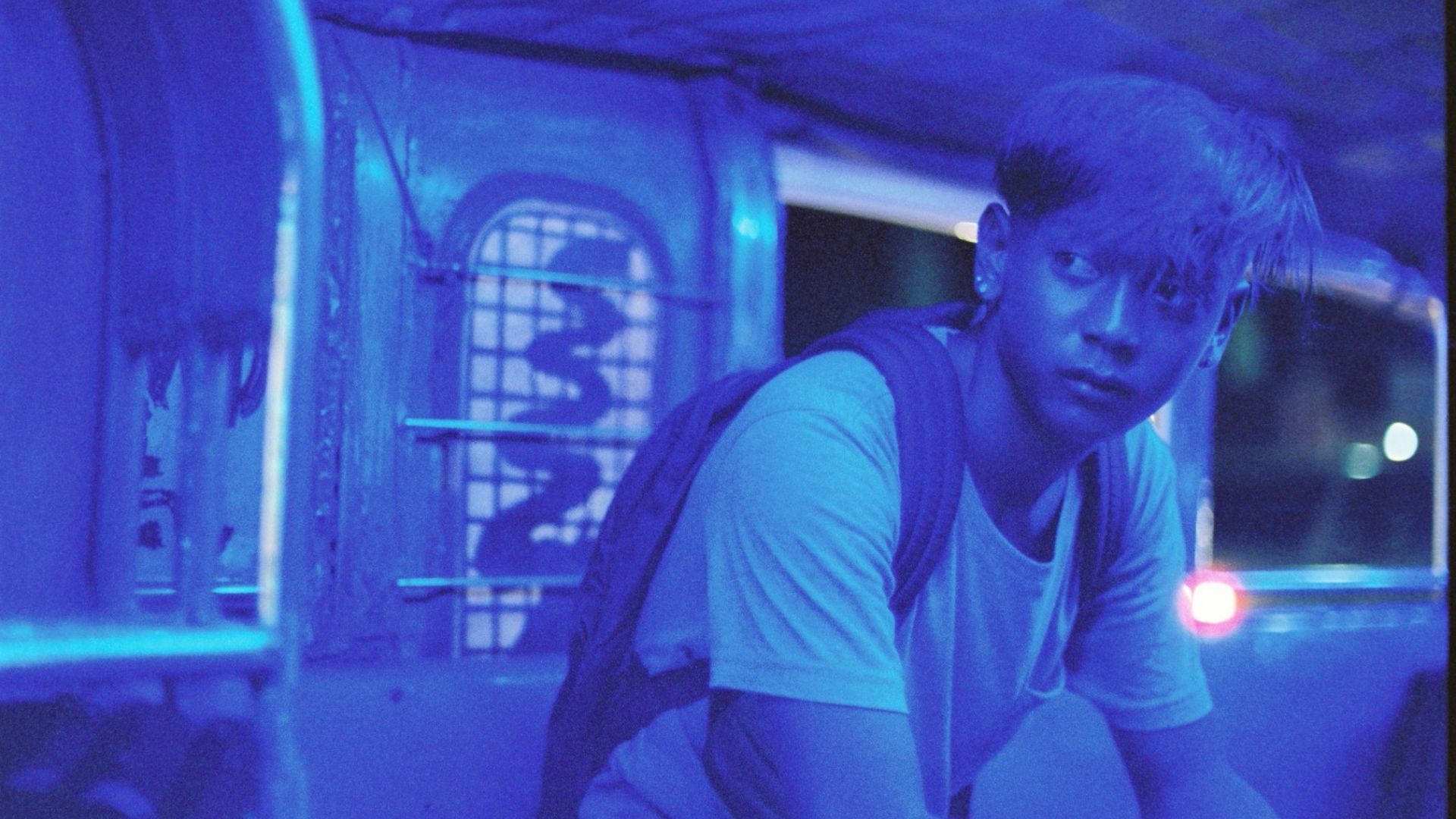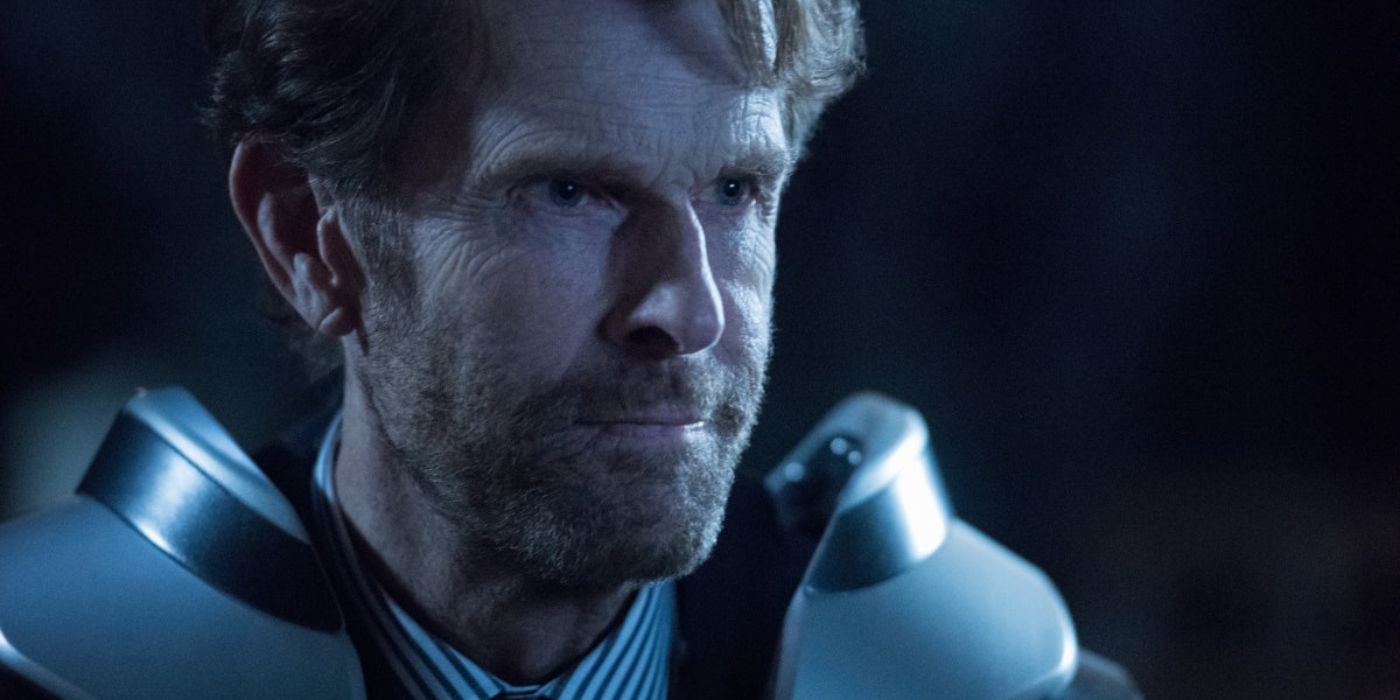Of course, there’s no need to choose: both kinds of fear are radiating off the screen in hot, frantic waves by the film’s end. It’s a perfect pickup for Shudder, AMC Networks’ horror-centric streaming service, which acquired the film last week and will release it to subscribers later this year.
Elsewhere in the Midnight section, Mimi Cave’s “Fresh” mines the related anxieties and social contracts of modern dating for sick kicks of its own, though it’s working in a more cartoonish, crowd-pleasing key. The film was acquired by Disney-owned Searchlight Pictures ahead of its Sundance premiere and will premiere on Hulu in March. And such a high-profile distribution plan makes sense for “Fresh,” which benefits immensely from the twisted chemistry of its leads, Cave’s confidence behind the camera, and the spiky script devised by Lauryn Kahn.
Daisy Edgar-Jones, of Hulu’s “Normal People,” stars as Noa, a twentysomething in modern Los Angeles who regularly scrolls dating apps in search of a decent guy. She’s exhausted by this pursuit, and the film only needs one excruciatingly bad date to show us why. When Noa is approached in the produce aisle of her local supermarket by Steve (Sebastian Stan), a handsome and seemingly available stranger, she interprets this encounter as the answer to her prayers.
Though Noa’s best friend Molly (Jojo T Gibbs) raises an eyebrow at Steve’s lack of social media, their courtship plays out in predictably sweet fashion—until Noa lets Steve spirit her away to a remote location, at which point his mood seems to darken. “Fresh” doesn’t drop its title until 40 minutes in, when the meet-cutes and first-date foibles of its first act end with a rug-pull so savage—and, in Cave’s hands, so chillingly plausible—that you share Noa’s sudden, sinking realization that she’s trapped.
“Fresh” has been teased in marketing materials as a movie about “the horrors of modern dating,” though it would do the film’s admirably twisted story a disservice to assess it first as social commentary. That’s not to say there’s no substance to the film’s view of violent masculinity as an ingrained cultural behavior, nor to deny the corrosive truth of its assessment that the gift of fear, of gut instinct, is often all women can rely on to survive encounters with men who mean them harm. But, in “Fresh,” Cave and Kahn acknowledge the traumatic weight of these realities without making them the film’s point. Noa’s ordeal leaves your stomach in knots, as does the horrifying normality with which Steve’s snare closes around her, but the fantastically cruel and darkly comic twists “Fresh” delivers from there are what give the film its bite.
You can view the original article HERE.





























